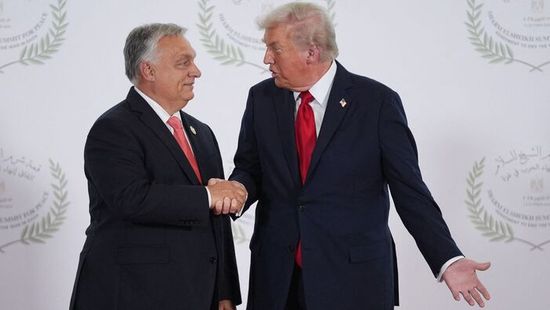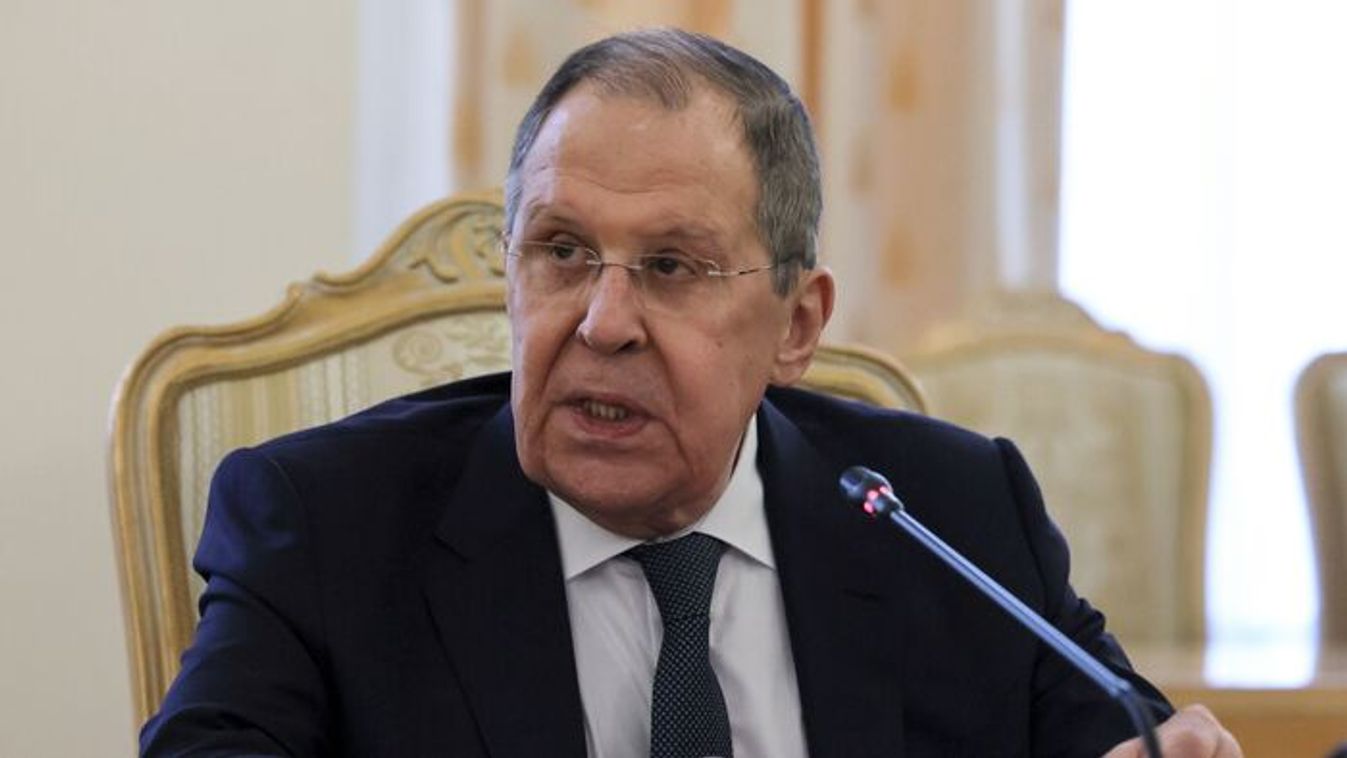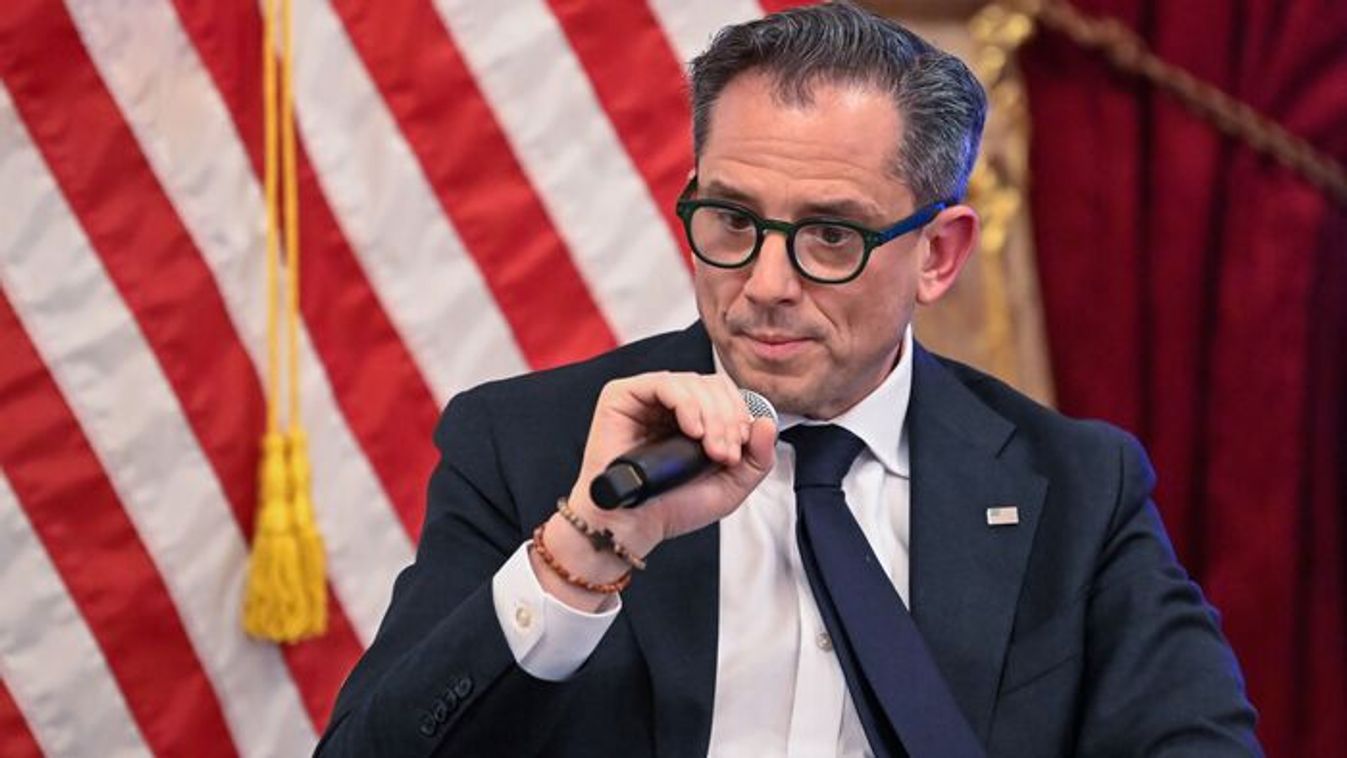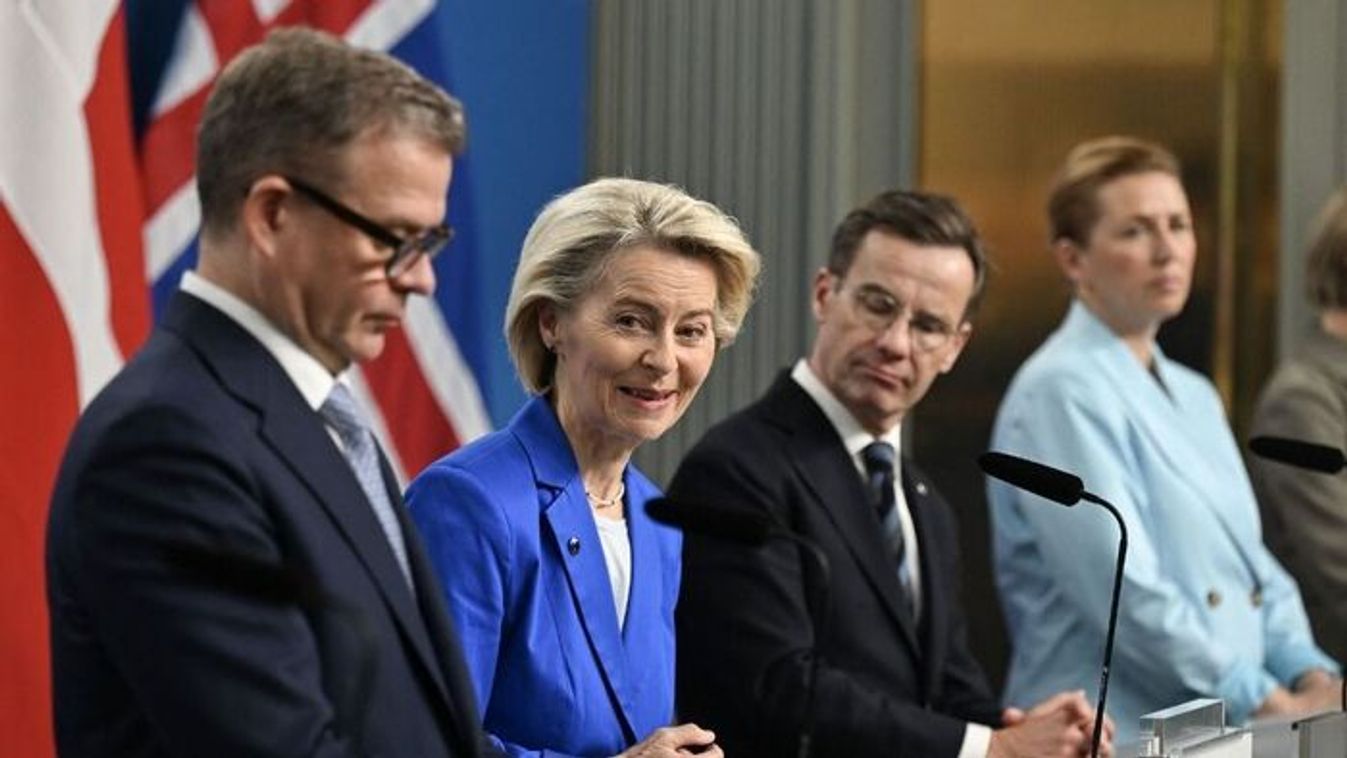„State terrorism—and yet the Israeli invasion Goldstone investigated is still commonly referred to as the Gaza War.
Right—it wasn’t a war. Israelis themselves have said it wasn’t a war. People allow themselves to slip into this language, and it’s not even used by Israelis. As one Israeli I quote in the book said, “It’s a big mistake for Israel to say it ‘won’ the war, when there was no war. There were no battles…no military enemy in the field.” One Israeli soldier after another testified that they never saw an enemy in the field. And yet soldier after soldier kept using the same words, testifying that Israeli forces “used insane amounts of firepower.” How do you describe a situation where the attacker is using “insane amounts of firepower,” but there’s no military enemy? That’s not a war. That’s a massacre.
Right, but describing it that way—as a massacre—would seem to address the justice of a war, rather than what you’re saying the Goldstone Report confined itself to detailing, that is, the justice in a war.
That’s debatable, but the upshot of the Report is an explicitly damning assessment that has had an unprecedented effect on public support for Israeli policy.
To what extent, in your view, has the Obama administration’s comportment toward Israel since the Goldstone Report and, in particular, since the attack on the Mavi Marmara, reflected the American public’s diminished support for Israel?
Well, I think it’s too soon to expect a substantial change in elite opinion. Public support has to be mobilized effectively to change policy. You could say that there’s been some progress, at the lowest or ground level, public opinion. But pressure then has to be exerted on Congress; and then there’s the highest level, where policy is actually made, the executive branch. It’s very tough; and there’s no reason to be pessimistic, but without a distinct and visible mobilization of public opinion, there’s no reason to be excessively optimistic.
There have been some—I don’t want to call them ‘shifts,’ but there has been some movement in the Obama administration, mostly because they are concerned about losing Turkey. A new configuration of power is emergent in the Middle East—how substantial it is, and whether it will be able to withstand U.S. pressure, I can’t say—but clearly a new configuration of power is beginning to emerge along the axis of Iran-Turkey-Syria and, you might argue, Lebanon—versus the grouping of the regime leftover from the British Mandate period, which has been taken over by the U.S. and includes Jordan, Egypt, Saudi Arabia, and possibly Iraq, although it’s not yet clear where Iraq fits into the picture. The U.S. is definitely concerned about this configuration of power, which is reminiscent of what in the nineteen sixties was called the ‘radical Arab regimes,’ back then headed by Nasser in Egypt, and Syria. Nowadays these regimes are less about the rhetoric, but they have substantial economies, and they’re well entrenched.”









